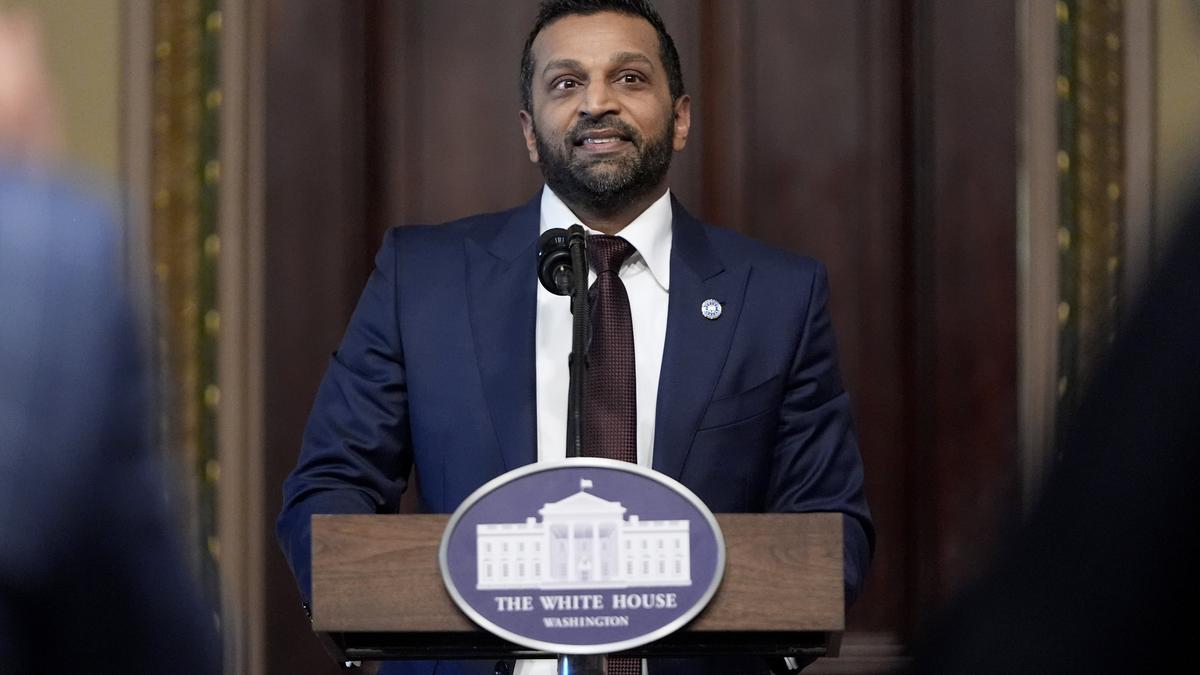DPDP Act, draft Rules threaten privacy, autonomy of PwDs, infantilises them, argue activists

Disability rights activists in Delhi are building a coalition to get a key provision of the Digital Personal Data Protection Act, 2023 dropped or amended. Section 9(1) of the Act has clubbed children with persons with disabilities (PwDs) to mandate that even in cases of adult PwDs who have legal guardians, consent for use of any personal data must be obtained from the guardian concerned.
Also Read:Citizens with disabilities, making their rights real
Disability rights experts and policy think tanks have argued that this unnecessarily infantilises PwDs, stems from a misunderstood notion of PwD guardianship and negates the decision-making capacity of PwDs recognised by the Rights of the PwD Act, 2016 and the United Nations Convention on the Rights of Persons with Disabilities (UNCPRD).
While the Draft Rules governing the Act, put out last month, have introduced clauses that “address” some of the issues activists had first flagged, after interventions from the Disability Department of the Social Justice Ministry, the Rules continue to pose a problem for people with disabilities, the activists have argued.
Multiple sources told The Hindu that the Department of Empowerment of Persons with Disabilities’ Office of the Chief Commissioner of PwDs (Office of CCPD) will take up any further issues on the DPDP Draft Rules, 2025 that might exist with the Ministry of Electronics and Information Technology.
One of the sources said that the Office of the CCPD had taken up the issue with Section 9(1) of the Act with MEiTY about six months back and that this was the reason the Draft Rules have qualified which categories of PwDs the consent clause would apply to.
In the 2025 Draft Rules, MEiTY has said that the consent clause for PwDs would be limited to PwDs who have “long term physical, mental, intellectual, or sensory impairment” are “unable to take legally binding decisions”, and who suffer from “autism, cerebral palsy, mental retardation, or a combination of any two or more of such conditions”.
But despite this, several questions remain on the operability of the consent clause for PwDs. In a report put out by policy think tank PACTA and NGO Saksham Disability earlier this month, activists have questioned how this would work in cases of limited guardianship under the RPwD Act. “It is not clear how the mandate of the guardian (appointed for limited purposes say for certain financial decisions) would extend to provide consent on behalf of the PwD,” the report said.
Nipun Malhotra, of the Nipman Foundation, which is leading efforts to lobby the government on this key section of the DPDP Act, has said, “This has opened a can of worms. There might be someone with visual impairment using a guardian for very specific purpose like financial decisions above a certain amount. Why would this person want their guardian to provide consent while signing up for a fitness app or an e-commerce website? Would that not be a violation of privacy?”
Mr. Malhotra added that a memorandum will soon be submitted to MEiTY raising the issues that continue to persist with the DPDP Draft Rules, 2025. The government recently extended the deadline for receiving public feedback on the Draft Rules till March 5.
In addition to this, the DPDP Act brings the legal guardian of PwDs within the definition of “Data Principal” – which is the individual to whom the personal data relates to. This raises another issue, the Saksham-PACTA report noted, saying, “Legal obligations and penal consequences on the data principal may further result in the legal guardian acting in their own interest rather than acting in the interest of the person with disability.”
Further, Mr. Malhotra has raised another issue with the Rules: “It says that consent must be taken from guardian for PwDs who are incapable of taking legally binding decisions. Now, this capacity or the lack of it can be temporary. Even a person without disability may temporarily lose their capacity to take legally binding decisions.”
Published – February 20, 2025 09:40 pm IST





